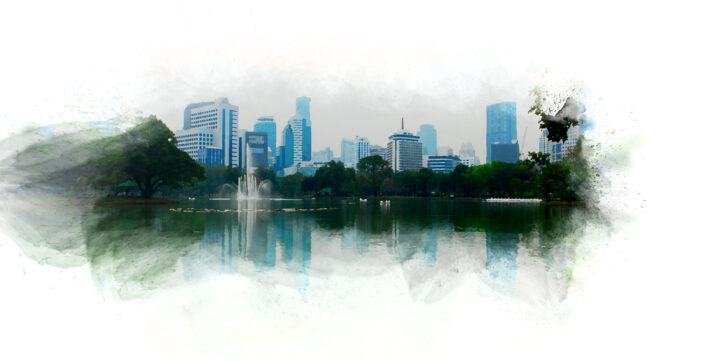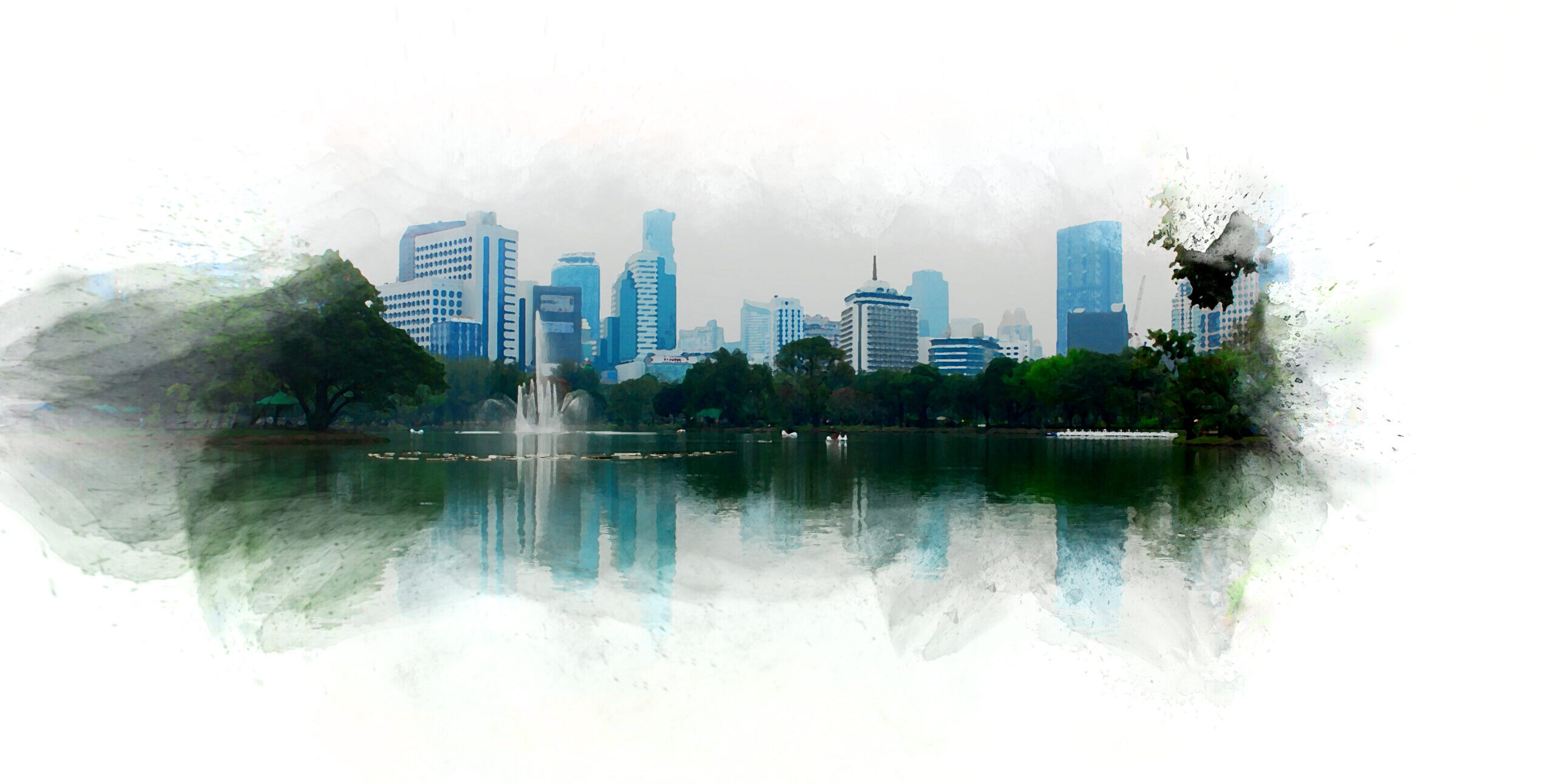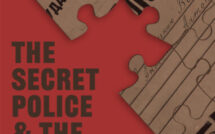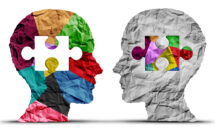

Placemaking has been an increasingly prominent concept in contemporary urban discourse. It entails the collaborative and holistic process of transforming public spaces into vibrant, inclusive, and community-centered environments. Recognized as pivotal in urban development and community engagement, placemaking endeavors aim to enhance the quality of life of residents, promote social cohesion, and foster a sense of belonging. At its core, placemaking involves not only the physical design and activation of spaces but also the cultivation of meaningful interactions, cultural expressions, and shared experiences that contribute to the identity and vitality of a place.
Within the discourse surrounding placemaking, there has been a growing emphasis on the role of education and pedagogy in shaping the future of urban spaces. Academics, practitioners, and policymakers alike recognize the need to equip individuals with the knowledge, skills, and perspectives necessary to engage effectively in placemaking processes. As such, there has been a surge of interest in innovative pedagogical approaches that not only impart technical expertise but also cultivate critical thinking, empathy, and community engagement. By integrating theory and practice, interdisciplinary perspectives, and experiential learning methods, educators seek to empower students and practitioners to become active agents of change in the shaping of their built environments. This intersection of placemaking and education forms the backdrop for a workshop that took place in Lisbon in January 2024. The workshop, entitled The “Teaching and Training on Places, Memory, and Communities,” was organized by a research group as part of a European Union grant on the “Dynamics of Placemaking and Digitization in Europe’s Cities” (DOPMADE).[1] The workshop’s goal was to enhance participants’ understanding and provide a platform for them to share their experiences in teaching while identifying promising methodologies, curricula, and syllabi as an initial step towards developing a comprehensive agenda for future placemaking endeavors, engage in meaningful discussions, and foster partnerships in the field of placemaking education.
The three-day workshop brought together a cohort of 41 diverse participants representing various fields, such as urban planning, landscape architecture, architecture, the arts, anthropology, and community activism. Across seven panels dedicated to different aspects of placemaking pedagogy, attendees engaged in vibrant discussions and collaborative sessions, moving beyond theoretical discussions to explore practical applications and tangible outcomes. Participants eagerly shared insights gleaned from their teaching experiences, training endeavors, and involvement in local projects and community engagement initiatives, thus contributing to a rich tapestry of themes that formed a comprehensive narrative of placemaking education. These themes ranged from spatial and design methodologies to citizen engagement strategies, heritage and identity considerations, and post-pandemic health and security concerns; moreover, the workshop culminated in an exploration of innovative pedagogical approaches.
Throughout the workshop, discussions on pedagogical approaches illuminated exciting possibilities for the future of placemaking education. Participants explored cutting-edge methodologies emphasizing interdisciplinary learning and experiential pedagogy. Notably, there was a focus on leveraging digital resources to enhance the teaching of art and architectural history and provide students with immersive and interactive learning experiences. Contemporary urban concepts were also integrated into the discussions, enabling educators to incorporate real-world examples and case studies into their curriculum. The workshop further led to the examination of various methods and techniques for teaching placemaking within academic settings; these methods spanned from traditional classroom instruction to hands-on exercises and site visits. By embracing this diverse range of pedagogical approaches, participants envisioned a future where placemaking education is dynamic, inclusive, and responsive to the evolving needs of communities and cities. These innovative methodologies not only can enrich students’ learning experience but also empower them to actively participate in shaping the built environment of tomorrow.
Throughout the workshop, discussions animated each panel, as participants unraveled key topics and messages pertinent to placemaking pedagogy. Inspired by these discussions, each panel crafted posters that encapsulated the emergent themes, a testament to the collaborative spirit among presenters and participants. These visual representations breathed life into the collective wisdom and priorities unearthed during the workshop. Following the unveiling of these posters, participants cast their votes to indicate what they saw as the values most crucial in teaching placemaking. The voting results offered valuable insights into the priorities and values within the placemaking pedagogy discourse. They underscored the importance of fostering dialogue, embracing diversity, encouraging creativity, and using technology to educate future urban stewards. They also emphasized the importance of inclusive and participatory processes in placemaking, indicating a strong consensus on the significance of fostering dialogue and communication. Additionally, they highlighted the significance of negotiating, managing expectations, and integrating local knowledge to create meaningful and inclusive placemaking processes. Furthermore, The value of interdisciplinary approaches in addressing complex urban challenges was underscored, with widespread support affirming the importance of collaboration across various disciplines.
Creativity also emerged as a fundamental aspect of placemaking pedagogy, with many participants highlighting the importance of imaginative thinking and innovative solutions in the design and activation of public spaces. Encouraging students to explore creative approaches not only enhances the quality of placemaking interventions but also cultivates a sense of ownership and pride in their work. Embracing different perspectives was deemed essential by the workshop’s participants, indicating a commitment to honoring and incorporating varied voices within placemaking practices to reflect the richness of local cultures and identities. Participants also pointed to the benefits of digital tools for placemaking education, recognizing the potential of technology to enhance learning experiences and facilitate innovative strategies. From digital mapping tools to virtual reality simulations, technology indeed offers new avenues for students to explore and engage with urban environments in dynamic ways. Several other key approaches garnered significant attention and support. Many participants noted that understanding compromise and transforming expectations into beneficial outcomes was important. Furthermore, by acknowledging the value of local insights and continuous learning, participants highlighted the importance of integrating different perspectives and expanding knowledge bases. They also recognized the need for autonomy and critical inquiry and emphasized the role of creating environments conducive to exploration and intellectual growth. The workshop overall underscored the importance of holistic and inclusive approaches in placemaking education, emphasizing the significance of dialogue, diversity, creativity, and technological innovation.
The connection between the presentation of the workshop participants’ experiences and their voting was evident in the way themes and priorities aligned. The iterative process of sharing experiences, reflecting on key messages, and collectively identifying priorities demonstrated a dynamic and participatory approach to placemaking education. Overall, the shared insights serve as a foundation for advancing placemaking education and nurturing responsible and empowered placemakers capable of addressing the complex challenges of urbanization. By synthesizing the collective wisdom of participants and prioritizing key values in teaching placemaking, educators and practitioners can better equip future generations to navigate the complexities of urban development and community engagement.
The voting process uncovered several overarching themes that emerged as crucial priorities for placemaking pedagogy. One of the foremost themes was the necessity of creating spaces for dialogues, which underscores the fundamental importance of fostering open communication and inclusive processes in shaping urban environments and engaging communities and stakeholders in the placemaking process so their voices are heard and valued. Another significant theme that emerged was the importance of fostering interdisciplinarity, which participants acknowledged as valuable to address the multifaceted challenges of urban development effectively. By collaborating across various fields such as urban planning, architecture, sociology, and environmental science, placemaking educators can offer students a holistic understanding of urban issues and equip them with interdisciplinary skills necessary for effective problem-solving.
Furthermore, inclusivity emerged as a fundamental value in placemaking pedagogy. Placemaking is about creating spaces that are welcoming, accessible, and representative of diverse communities. Educators have a responsibility to ensure that their teaching practices reflect these principles of inclusivity. This entails actively seeking out diverse voices, perspectives, and experiences in the classroom, valuing cultural diversity, and promoting equity and social justice in placemaking processes. By prioritizing inclusivity, educators empower students to become empathetic and culturally competent placemakers who are sensitive to the needs and aspirations of all community members.
Advancing placemaking education is about more than just teaching; it is about cultivating responsible, empowered, and innovative placemakers who are equipped to address the complex challenges of urbanization with integrity and resilience. By fostering dialog, ethical awareness, empowerment, and a culture of innovation, educators can inspire future generations to become proactive agents of positive change in their communities, shaping the built environment in ways that promote social equity, environmental sustainability, and human flourishing.
While the Lisbon workshop provided key takeaways, they represent only initial results in the collective exploration of placemaking pedagogy. Further research is needed to develop more comprehensive pedagogical practices for placemaking education, which can empower individuals to cultivate enriched and responsible urban environments guided by principles of creativity, inclusivity, and innovation. By embracing these key takeaways, educators and practitioners can play a pivotal role in shaping the future of placemaking and fostering vibrant, inclusive, and sustainable communities.
The Lisbon Workshop on Pedagogies for Placemaking served as a pivotal platform for fostering collaboration, innovation, and knowledge exchange among participants from diverse backgrounds. Overall, the workshop’s outcomes offer a foundation for advancing placemaking education. The workshop generated momentum that poises participants to continue to dialogue, exchange ideas, and implement innovative approaches in their respective contexts. Together, they can contribute to the creation of dynamic, inclusive, and sustainable urban environments that enrich the lives of all inhabitants.
Tatiana Ruchinskaya, PhD, MSt (Cambridge), and BA (Hons) Dip Arch, is an architect with expertise in integrated building design and sustainability. As the founder of TVR Design Consultancy in Cambridge (UK), she has led numerous city regeneration and sustainable design projects across the UK and Europe. Her consultancy has contributed to the design of notable public buildings and housing developments, shaping the built environment of Cambridgeshire and beyond.
Carlos Smaniotto Costa is Professor of Urban Landscape and Urban Ecology in the Department of Architecture and Urban Planning at Universidade Lusófona and associate researcher at the Interdisciplinary Research Centre for Architecture, Urbanism and Design (CIAUD) at the University of Lisbon.
Bahanur Nasya is a Viennese architect and film producer. Currently, she is involved in international research projects and is the chairwoman of the association “xsentrikarts.”
Dov Winer is a psychologist specialized in online education and training. He is involved in international initiatives and projects related to education and culture and coordinates the Israel MINERVA network for the digitization of culture.
[1] Cost Action 18204.
Published on June 17, 2024.




